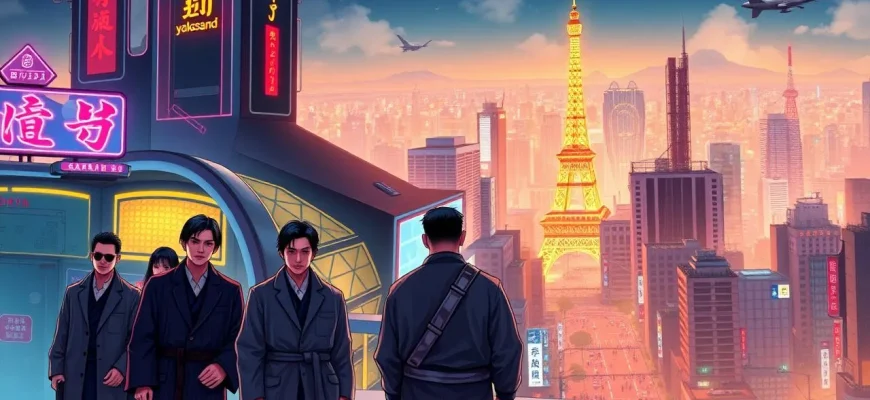The Yakuza, Japan's notorious organized crime syndicates, have long been a source of fascination for filmmakers and audiences alike. This curated list of ten films delves into the intricate, often brutal world of the Yakuza, offering a glimpse into their codes of honor, internal conflicts, and the societal impact they wield. Each film in this collection not only provides an authentic portrayal of this underworld but also comes with British English dubbing, ensuring a seamless viewing experience for UK audiences. Whether you're a fan of crime dramas or looking to expand your cinematic horizons, these films offer a compelling narrative and cultural insight.
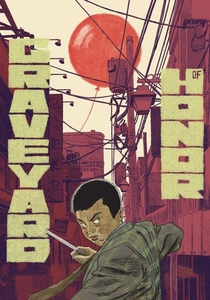
Graveyard of Honor (1975)
Description: This film tells the true story of a Yakuza member's rise and fall, focusing on the brutal realities of the criminal life.
Fact: The film was remade in 2002 by Takashi Miike, showcasing the enduring appeal of the original story.
 Watch Now
Watch Now
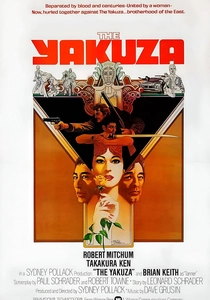
The Yakuza (1974)
Description: An American private eye, played by Robert Mitchum, gets entangled with the Yakuza to save a friend's daughter, offering a unique Western perspective on the Yakuza culture.
Fact: The film was one of the first Hollywood productions to delve into the Yakuza world, with Sydney Pollack directing and Paul Schrader co-writing the script.
 Watch Now
Watch Now
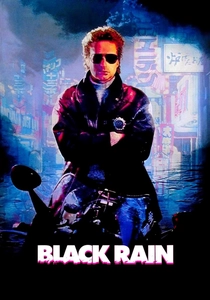
Black Rain (1989)
Description: An American cop, played by Michael Douglas, teams up with a Japanese detective to track down a Yakuza fugitive, offering a cross-cultural exploration of crime and justice.
Fact: The film was shot on location in Osaka, providing an authentic backdrop to the story.
 Watch Now
Watch Now
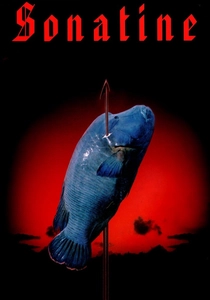
Sonatine (1993)
Description: Directed by Takeshi Kitano, this film blends dark humor with violence as a Yakuza enforcer takes his crew on a retreat that turns deadly.
Fact: Kitano wrote, directed, and starred in the film, showcasing his versatility and unique storytelling style.
 Watch Now
Watch Now
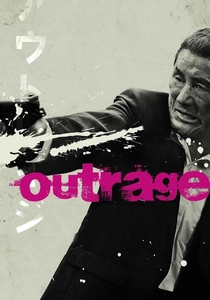
Outrage (2010)
Description: This modern take on Yakuza films by Kitano explores the power struggles within the syndicates, highlighting the changing dynamics of the Yakuza in contemporary Japan.
Fact: Kitano returned to the Yakuza genre after a long hiatus, bringing a fresh perspective to the traditional narrative.
 Watch Now
Watch Now
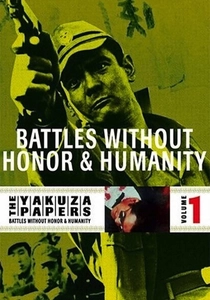
Battles Without Honor and Humanity (1973)
Description: This film kicks off the legendary series by Kinji Fukasaku, depicting the rise of the Yakuza in post-war Japan, showcasing the gritty realism and moral ambiguity of the era.
Fact: The film was inspired by real-life events and interviews with former Yakuza members, providing an authentic look into their world.
 Watch Now
Watch Now
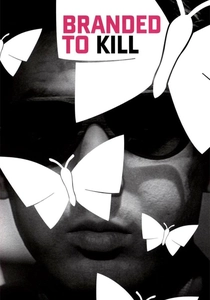
Branded to Kill (1967)
Description: Another Suzuki classic, this film follows a hitman who becomes the target of his own organization, known for its bizarre plot and stylistic flair.
Fact: Suzuki was fired from Nikkatsu Studios after this film for its unconventional narrative and style.
 30 Days Free
30 Days Free
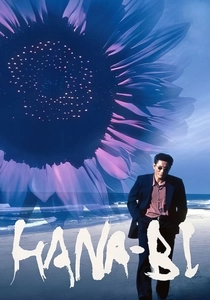
Fireworks (1997)
Description: Kitano's poignant story of a retired Yakuza cop dealing with personal loss and seeking redemption, blending violence with emotional depth.
Fact: Kitano won the Golden Lion at the Venice Film Festival for this film, marking his international acclaim.
 30 Days Free
30 Days Free
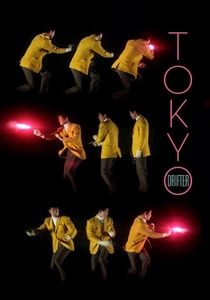
Tokyo Drifter (1966)
Description: Seijun Suzuki's stylish film follows a Yakuza hitman trying to escape his past, known for its vibrant colors and surrealist elements.
Fact: The film's unique visual style influenced many directors, including Quentin Tarantino.
 30 Days Free
30 Days Free

The Man Who Stole the Sun (1979)
Description: A science teacher builds an atomic bomb to blackmail the government, leading to a tense confrontation with the Yakuza.
Fact: The film was controversial for its depiction of nuclear terrorism, leading to some censorship issues.
 30 Days Free
30 Days Free

